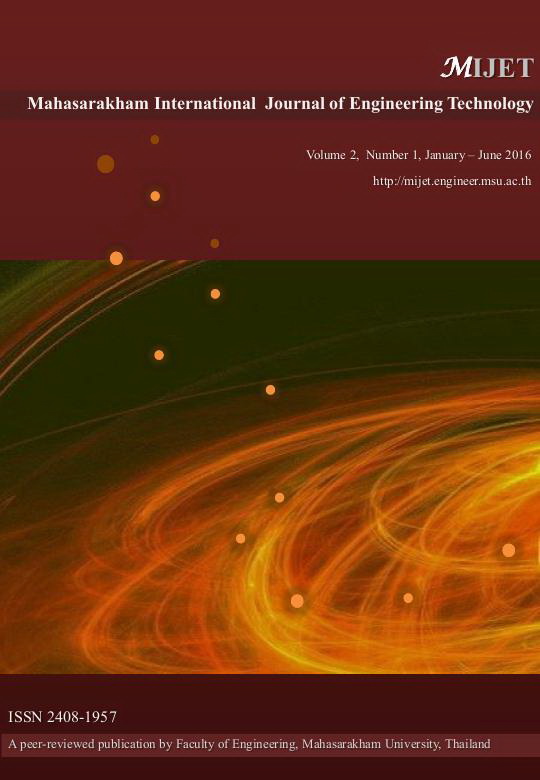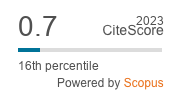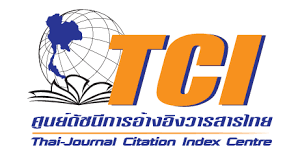Analysis of Student Learning Outcomes in Power Electrical Engineering Courses: A Case Study
doi: 10.14456/mijet.2016.6
Keywords:
Assessments, learning outcomes, scores, comparisonAbstract
Teaching methods have been changed recently to focus on student learning. Various pedagogical methods have been introduced to motivate students to participate activities in classroom. However, the most important thing is student learning outcome. To ensure that new teaching methods are effective and students have accomplished learning goals, appropriate assessments are needed to reflect student learning outcomes. In power electrical engineering program for bachelor’s degree, Power System Analysis (PSA) course and Power Plant and Substation (PPS) course are two courses from eight specific engineering courses specified by council of engineering (COE). These two courses should be taken by senior students. At Dhurakij Pundit University, these courses were held at the last semester for the same group of students and taught by the same lecturer. The course contents and teaching materials were different, whereas teaching methods were similar but different in detail. There were significant differences in student scores. Average score from PPS course was 11.62% higher than that from PSA course. The objectives of this paper are to analyze the assessments and student learning outcomes from these two courses. Questionnaires and interviews were carried out. Finally, student feedbacks were analyzed and comparison results were concluded.








